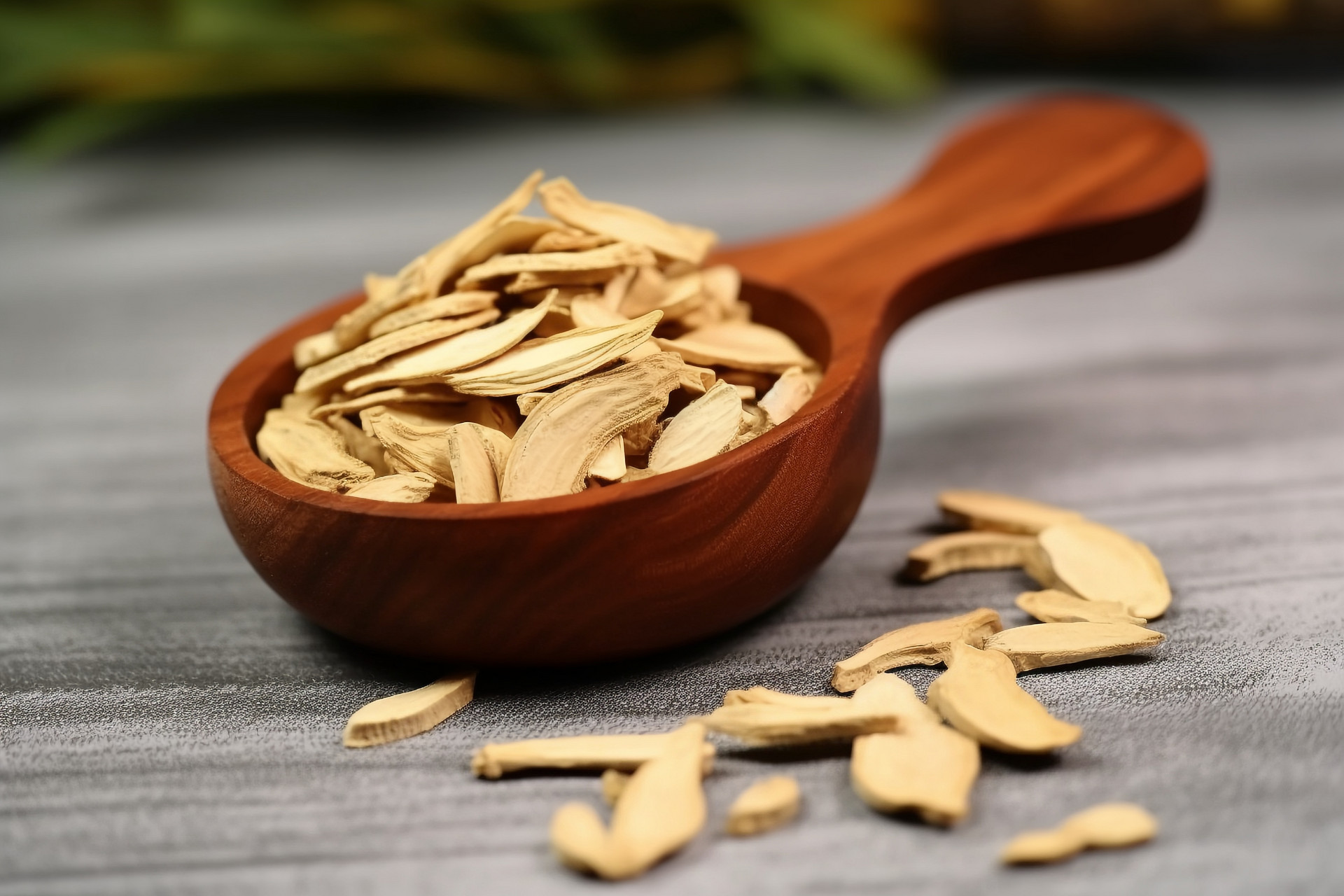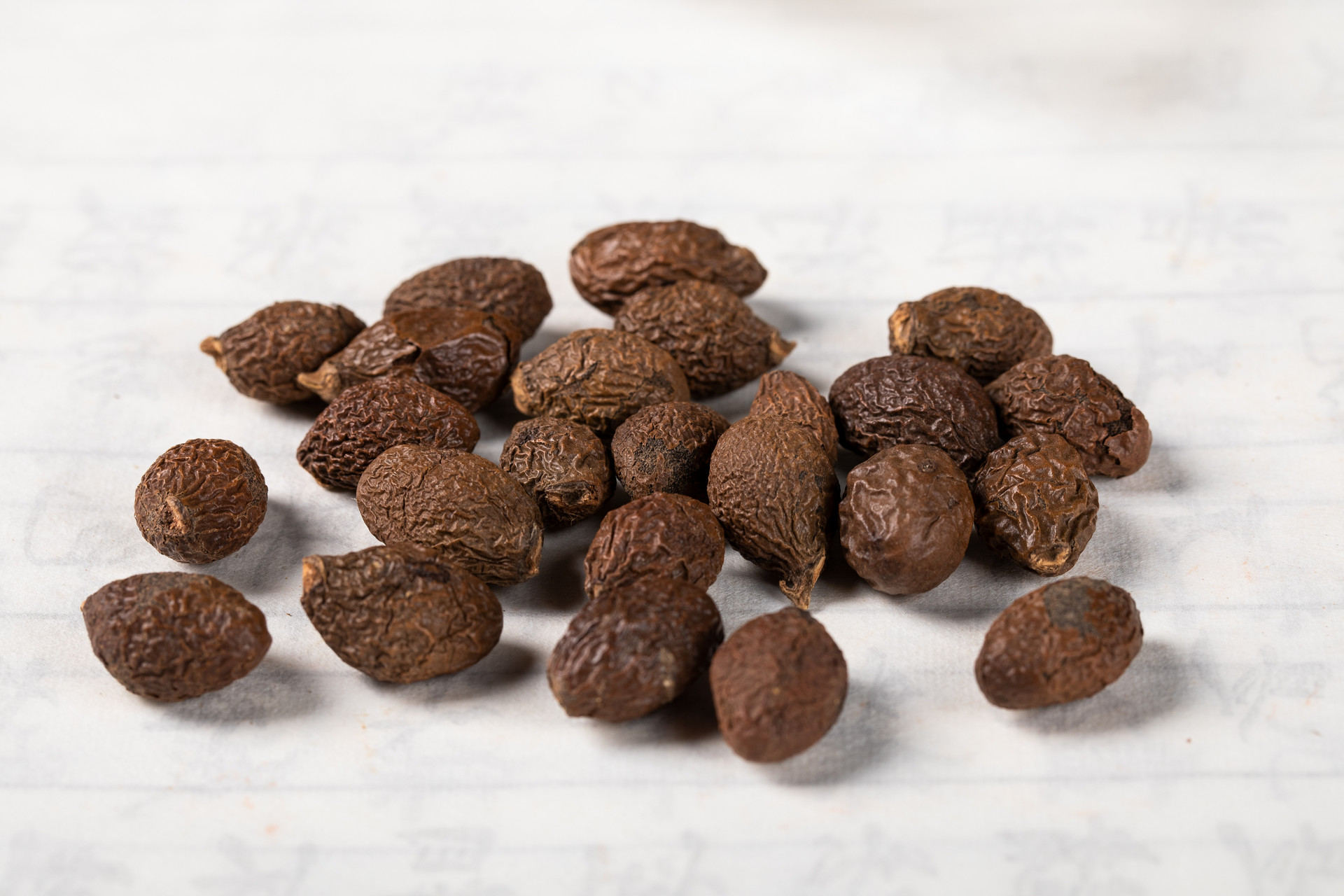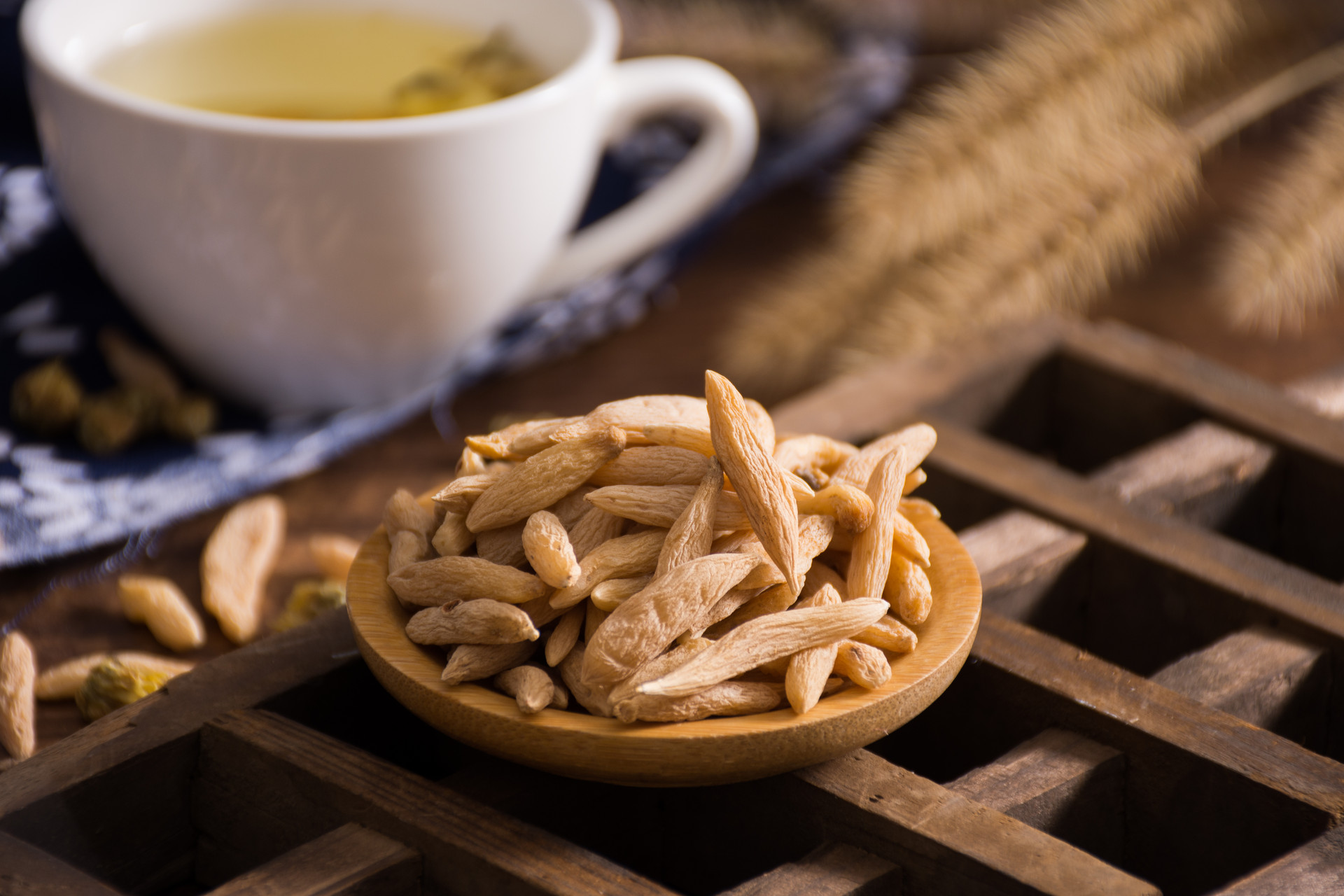- Home /
- TCM Health /
- Contents
The efficacy and effects of peony and contraindications
Everyone Is Watching
-
 White Peony and Ginger Sugar Tea: A Soothing Remedy for Menstrual Pain
White Peony and Ginger Sugar Tea: A Soothing Remedy for Menstrual Pain【White Peony and Ginger Sugar Tea】 White peony nourishes the blood and soothes the liver, relieves pain, constricts Yin and stops sweating. It is used to treat chest and abdominal
February 26, 2024 -
 The Efficacy and Function of White Peony: A Beautiful Ornamental Plant with Medicinal Benefits
The Efficacy and Function of White Peony: A Beautiful Ornamental Plant with Medicinal BenefitsWe all know that white peony is a very beautiful ornamental plant, and after drying, it becomes a highly valued traditional Chinese medicine. Let's learn about the efficacy and function of white peon
February 18, 2024 -
 The Versatile Uses and Benefits of White Peony: From Medicine to Food
The Versatile Uses and Benefits of White Peony: From Medicine to FoodWhite peony is a common blood-nourishing Chinese medicine that can be used both medicinally and as a food. One common way to use white peony in daily life is to soak it in water and drink it. Here a
January 31, 2024 -
 Discover the Culinary and Medicinal Benefits of Bai Shao Yao: Traditional Chinese Recipes
Discover the Culinary and Medicinal Benefits of Bai Shao Yao: Traditional Chinese RecipesBai Shao Yao, also known as white peony, is a commonly used blood-nourishing Chinese medicine. It not only has medicinal properties but also has good culinary benefits. One common way of using it
January 19, 2024 -
 White Peony: A Medicinal and Culinary Treasure
White Peony: A Medicinal and Culinary TreasureWhite peony is a medicinal and edible ingredient with high medicinal value. It has the effects of nourishing blood, regulating menstruation, and relieving pain. It can treat various diseases. Its
January 14, 2024

Hot Picks
-
 1Chestnuts and Breastfeeding: What You Need to Know
1Chestnuts and Breastfeeding: What You Need to KnowChestnuts contain amino acids, vitamins, and other nutrients, making them highly nutritious. They also have cough suppressant and diuretic properties. Can breastfeeding mothers eat chestnuts? What s
November 23, 2023 -
 2How Many Baiguo Can Cause Poisoning and How to Safely Consume it
2How Many Baiguo Can Cause Poisoning and How to Safely Consume itBaiguo, also known as ginkgo fruit, contains various nutrients and can be both consumed as food and used in medicine. It has the effects of nourishing the lungs and relieving cough. However, poisoni
November 23, 2023 -
 3Massage Therapy: An Effective Treatment for Lumbar Sprains
3Massage Therapy: An Effective Treatment for Lumbar SprainsLumbar sprains often occur in the lumbar sacral region, sacroiliac joint, and bilateral sacral spinous muscles. When the lower back is exerted too forcefully or twisted excessively, or when there is
November 22, 2023 -
 4Using Massage Therapy to Alleviate Fever Caused by Startling in Babies
4Using Massage Therapy to Alleviate Fever Caused by Startling in BabiesPediatric fever is a common condition, which can be a standalone disease or caused by various illnesses. Some babies may even experience fever as a result of being startled. Many parents prefer to use
November 20, 2023 -
 5Massage Techniques for Mumps: Relieving Swelling and Pain
5Massage Techniques for Mumps: Relieving Swelling and PainMumps is an acute infectious disease caused by external pathogenic wind-heat toxins, which block the Shaoyang meridian and accumulate in the cheeks. Its clinical features include fever and diffuse s
November 20, 2023

